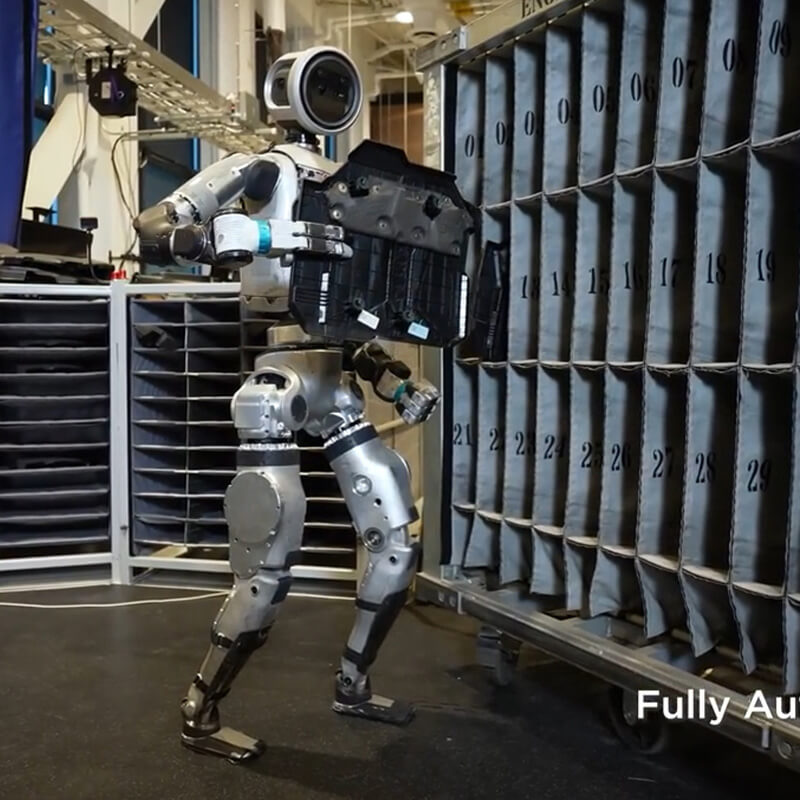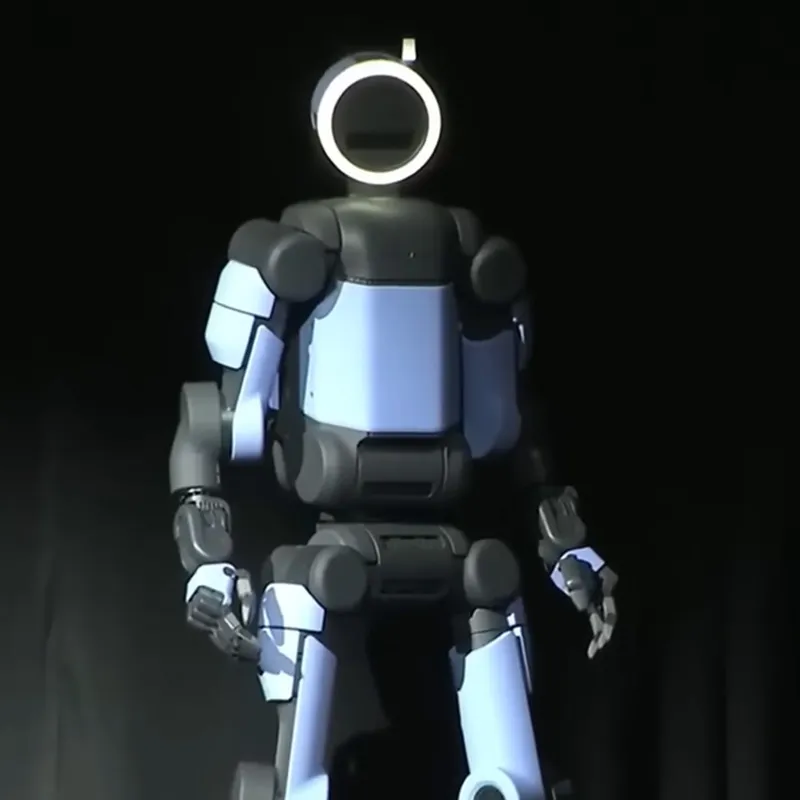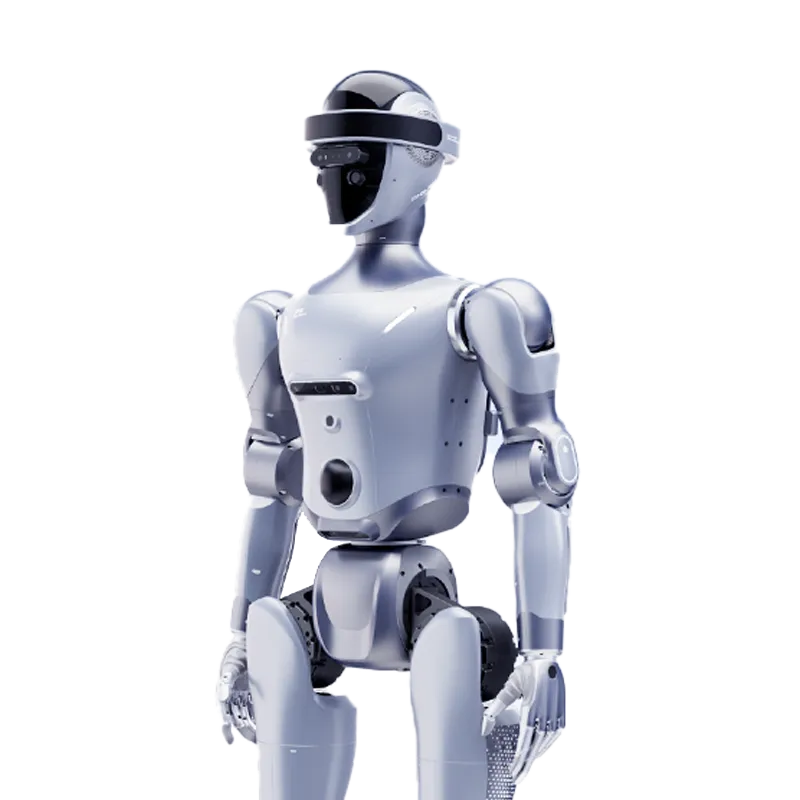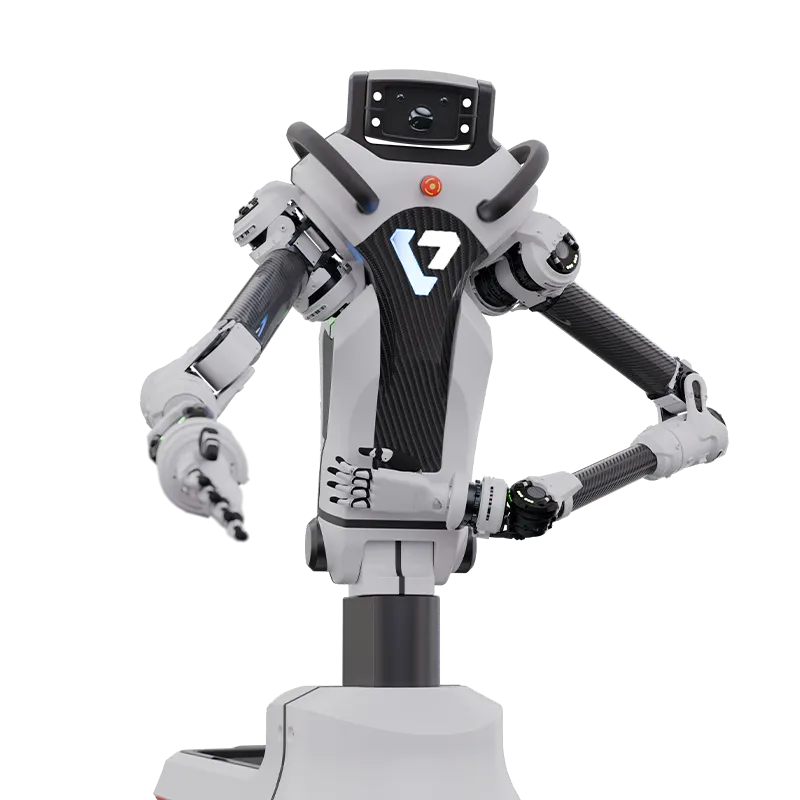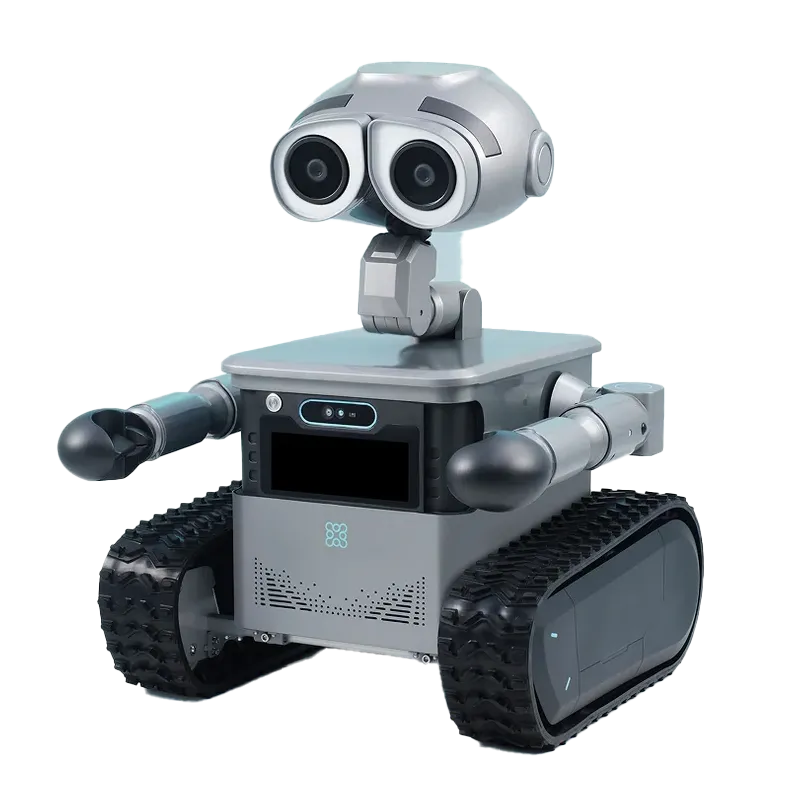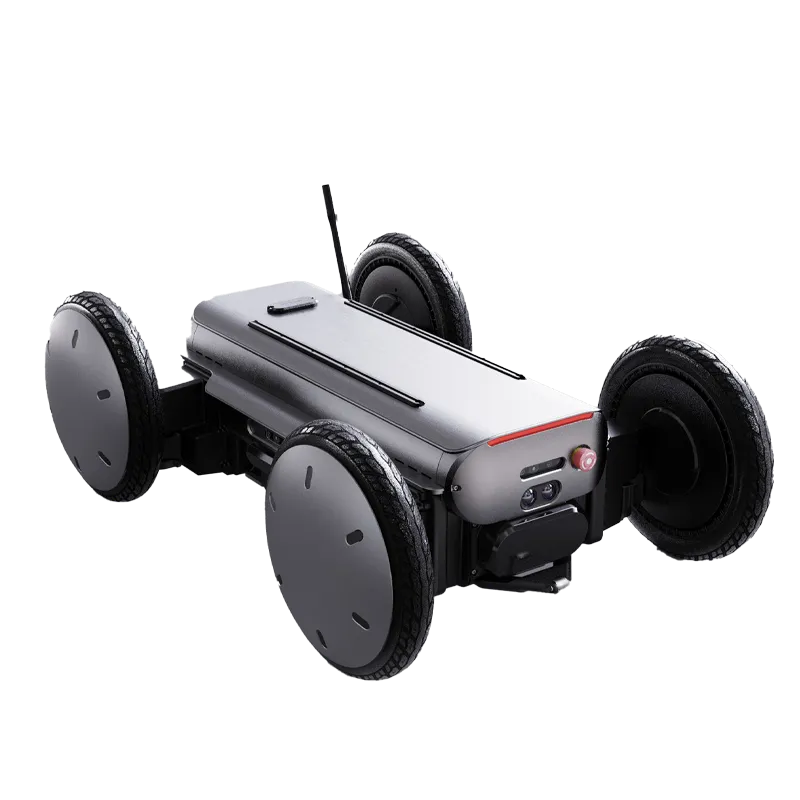Intro
Boston Dynamics, founded in 1992 as a spin-off from the Massachusetts Institute of Technology (MIT), is a leading American engineering and robotics design company specializing in advanced mobile manipulation robots. Headquartered in Waltham, Massachusetts, the company has been a subsidiary of Hyundai Motor Company since June 2021.
Global Presence
Boston Dynamics has expanded its reach through strategic partnerships and collaborations worldwide:
- Europe: In September 2020, the company expanded commercial sales of Spot to the European Union, United Kingdom, and Canada, following its initial launch in the United States.
- Asia: In South Korea, Boston Dynamics partnered with Clobot to provide local support and services, enhancing its presence in the region.
- Middle East: The company has extended its operations to the Middle East, offering advanced robotic solutions tailored to various industries in the region.
Robots
Boston Dynamics has developed a series of robots renowned for their advanced mobility, dexterity, and intelligence:
- Spot: An agile, quadruped robot capable of navigating various terrains, climbing stairs, and traversing rough environments. Spot is designed for applications such as industrial inspection, security, and research.
- Atlas: A bipedal humanoid robot known for its dynamic balance and agility, capable of performing complex movements like backflips and parkour. Atlas serves as a research and development platform for advancing robotic mobility and manipulation.
- Stretch: A robot designed for warehouse operations, particularly for unloading trucks and moving boxes. Stretch features a custom robotic arm and an array of suction cups to handle a variety of package types.
Specialism
Boston Dynamics is renowned for its advanced mobile robotics, excelling in agility, perception, and manipulation. Below are some of its key robotic specialisms:
1. Dynamic Quadruped Mobility (Spot, Spot Enterprise)
- Terrain Adaptability: Spot can traverse rough, uneven terrain, stairs, and slippery surfaces.
- Autonomous Navigation: Uses 360° LiDAR sensing, depth cameras, and AI for real-time path planning.
- Use Cases: Industrial inspection, security patrols, and remote data collection.
2. Humanoid Robot Agility (Atlas)
- Dynamic Balance & Locomotion: Capable of running, jumping, backflips, and parkour.
- Advanced Actuation: Features proprietary hydraulic actuators for human-like movement.
- Use Cases: R&D, disaster response, and future manufacturing applications.
3. Warehouse & Logistics Automation (Stretch, Pick)
- Box Handling & Palletizing: Equipped with robotic arms, vacuum grippers, and computer vision to move boxes efficiently.
- Autonomous Navigation: Uses AI and LiDAR-based perception to maneuver in warehouses.
- Use Cases: E-commerce fulfillment, logistics, and automated unloading.
4. AI-Powered Perception & Decision-Making
- Computer Vision & AI: Enables robots to recognize objects, navigate autonomously, and perform precise manipulation.
- Machine Learning Optimization: Robots continuously learn and improve efficiency over time.
5. Human-Robot Interaction & Safety
- Intuitive Control Interfaces: Operated via tablets, voice commands, and teleoperation.
- Safety Protocols: Features collision detection, auto-shutdown, and remote monitoring for safe deployment.
Business Viability
Boston Dynamics has positioned itself as a pioneer in the robotics industry:
- Industry Collaboration: The company collaborates with organizations across various sectors, including manufacturing, energy, construction, logistics, and government, to deploy robotic solutions that enhance efficiency and safety.
- Strategic Partnerships: Boston Dynamics has formed partnerships with companies like Assa Abloy to develop integrated solutions, such as enabling Spot robots to autonomously access secured areas, thereby expanding the scope of robotic applications.
- Global Expansion: Utilizing services like Globalization Partners, Boston Dynamics has accelerated its international growth by streamlining global workforce management and ensuring compliance with local regulations.
Despite its advancements, Boston Dynamics faces challenges typical of the robotics industry:
- Market Competition: The robotics market is increasingly competitive, with numerous companies investing in similar technologies. Continuous innovation and differentiation are essential for maintaining and expanding market share.
- Public Perception and Ethical Considerations: As robots become more integrated into various aspects of society, addressing public concerns about safety, privacy, and ethical use is crucial for widespread acceptance.




